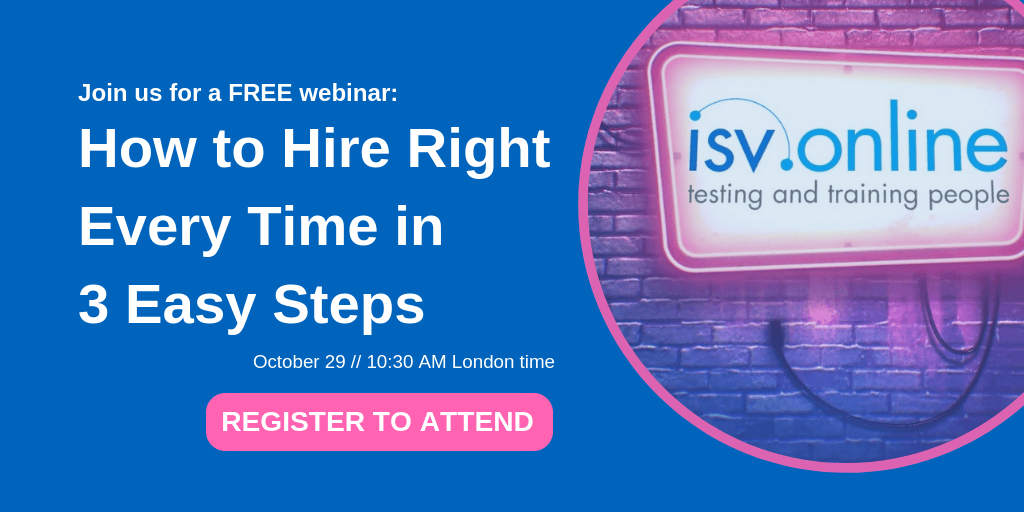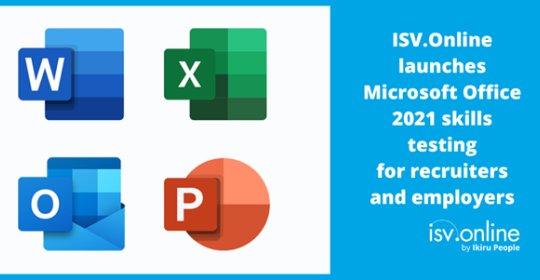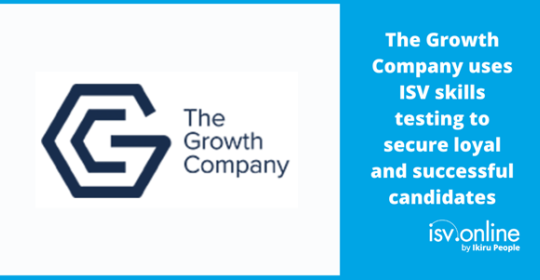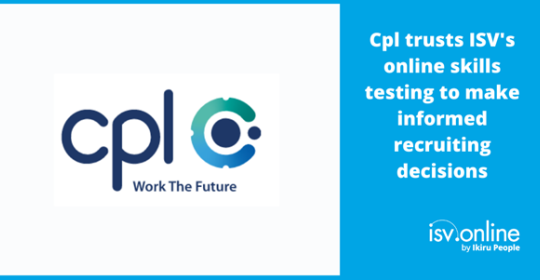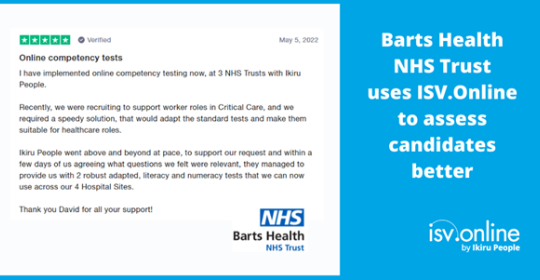If you’re a small business it can feel even more crucial to get the right person; you simply don’t have the time and money to waste on a bad hire.
The Impact of Poor Hiring Decisions
The REC (The Recruitment & Employment Confederation) recently published some research showing just how many of us admit to making poor hiring decisions and what the cost is. More importantly, they outline some recommendations on how to get hiring right more often. Here are some highlights of their research along with tips from recruitment experts.
We often underestimate the impact of a bad recruitment decision, but in actuality, it has a far-reaching ripple effect. The chain looks like this:
- Bad hire
- Poor performance
- Unrest and poor morale in the team
- Negative impact on productivity, service and reputation
- Financial loss
- Requirement to performance manage or re-hire
In fact, when the researchers at the REC took a case study example of a mid-manager earning £42,000, they calculated the total to resolve the situation would be over £132,000! That’s more than a staggering three times their salary!
The cost includes wasted salary, wasted training, cost to hire and then re-hire a new employee, lost productivity from the individual and the team.
In a small team the overall cost is likely to be lower, but when you’re at a crucial stage of trying to build your reputation and every sale counts, sidestepping a bad hire landmine is a must.
What Can You Do to Help Get Hiring Right More Often Then?
Tips from the REC, TEAM members (a recruitment body for independent agencies) and in-house recruiters include:
- Promote an inclusive and flexible workforce - Increasingly, people are prioritising work/ life balance as a must in their career, plus there is a huge community of younger or more mature workers that have a lot to offer in the workplace. Being less rigid in your approach or on aspects like working hours will allow people to fulfil their duties without being stymied be an old-school culture.
- Have a recommend a friend or referral scheme - People talk. If they have a good experience, they will tell people about it. You may even pick up most of your customers through referrals. The same can work for recruitment. Ask your network to spread the word that you’re looking for new team members. Ask existing colleagues to recommend a friend or recommend you to their contacts. Offering an incentive can work as useful ‘hook’ to get people engaged in this process.
- Implement assessment tools - It’s easy for candidates to exaggerate their skills and experience on their CV. They may even be well practised at interview and just say what you want to hear. Assessment tools take away that risk. You can ensure that people have the right skills, both transferable hard skills and softer skills that you need in the role.
- Use multiple tools in your recruitment process - Have several steps and tools in your recruitment process to build up as a good a picture as you can about the candidate. Mix a phone interview with assessments, possible scenario-based exercises and a face to face interview. The more thorough you are, the better chance you have of finding a good fit.
- Properly induct new recruits - Like most things, the success of a venture depends on the first few days, weeks, months, etc. It’s the same with a new recruit. If they show up and you’re not ready, no computer, no introductions, no set plan of training then your new team member is left to flounder. They might ride it out for a few months, but if there are no goals, no clear idea of what they should be achieving and no feedback from you, then you’ll find yourself back to square one pretty quickly.
- Do those reference checks - You might think you have found ‘the one’ at the interview. You are convinced they are a great person and will do great things for the company but, if you don’t do the background checks, you’ll only have yourself to blame if things go wrong. Take up the reference checks and get your intuition rubber stamped.
These are just a few suggestions to help ensure you make the right recruitment decisions. You can read more in the REC’s infographic here. As always feel free to share your comments about how you handle recruiting in your team, and what steps you take to get it right.
Attend a FREE webinar: "How to Hire Right Every Time in 3 Easy Steps"
Hiring managers come under increasing pressure to deliver best talent for their companies. But with the cost of each bad hire running at 3 times their annual salary for a mid-level manager, how can they avoid such costly mistakes?
In this 30-minute webinar, Paul Thompson and Roland Csizmarik of ISV will outline the effect bad hiring decisions have on your company’s bottom line and what simple tools and processes you can use to avoid it ever happening in the future.
When: 29 October 2019 at 10:30 am London time
Registration link: //register.gotowebinar.com/register/4928946102459055628
